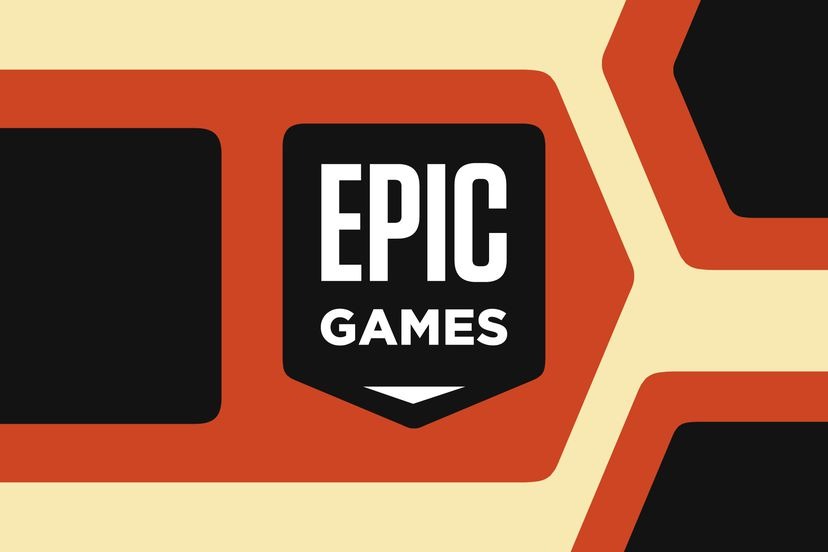In an unfolding drama that grips the very foundation of the digital marketplace, Epic Games has thrown down the gauntlet against Apple and Google in Australia, igniting a legal battle over market power and anti-competitive practices. This confrontation, set against the backdrop of the global mobile app economy, pits the creator of Fortnite, one of the world’s most popular online games, against the colossal forces of two of the tech industry’s most dominant entities.
Epic Games’ Crusade for Market Liberation
Central to Epic Games‘ legal challenge is the assertion that Apple and Google wield excessive control over the mobile app landscape, particularly through their in-app purchase systems (IAPs) and app store operations. Epic Games accuses both companies of exploiting their dominant positions to impose exorbitant fees — typically around 30% on transactions — on developers for in-app purchases, thereby stifling competition and elevating costs for consumers.
Furthermore, Epic Games criticizes the “walled garden” approach of both tech giants, arguing that it severely restricts consumer choice and thwarts innovation. This stranglehold, according to Epic, is maintained through stringent app review processes and guidelines, which effectively barricade the emergence of alternative app marketplaces.
The Defense: Apple and Google’s Standpoint
In the face of these allegations, Apple and Google stand firm, categorically denying any anti-competitive behavior. They champion their in-app payment systems as bastions of security and reliability for users, asserting that the revenue generated is crucial for the sustenance and enhancement of their app ecosystems. Additionally, they defend their app review standards as indispensable measures for safeguarding app quality, security, and user safety.

Australia: A Battleground for Global Digital Policy
The Australian legal skirmishes are more than a regional conflict; they represent a critical test case for the international regulatory approach towards the monopolistic tendencies of digital behemoths. The Digital Platforms Competition Act, recently enacted in Australia, introduces a framework for imposing stringent competition rules on “designated digital platforms”, potentially curtailing the autocratic reign of Apple and Google over app sales and distribution within the Australian market.
The Stakes: A Global Ripple Effect
The ramifications of these lawsuits extend well beyond Australia’s borders. A triumph for Epic Games could herald a new era of digital commerce, inspiring other developers to challenge the duopoly of Apple and Google’s app stores and potentially catalyzing a shift towards more equitable regulatory practices worldwide. Conversely, a victory for the tech giants would likely reinforce their dominion over the mobile app market, potentially stifling innovation and competition for the foreseeable future.
Consumer Implications: The Battle’s True Beneficiaries
At the heart of this legal odyssey are the consumers, whose interests hang in the balance. A favorable outcome for Epic Games could lead to a reduction in in-app purchase costs and spur the proliferation of diverse app marketplaces, enhancing choice and flexibility for users. On the flip side, should Apple and Google prevail, the existing paradigm would persist, possibly to the detriment of consumer choice and innovation.
A Legal Saga with Far-Reaching Consequences
The legal confrontation between Epic Games and the tech juggernauts of Apple and Google underscores the intricate challenges of fostering competition and regulation in the digital era. As this saga unfolds in the Australian courts, its repercussions are poised to influence the future trajectory of app store practices, developer opportunities, and consumer choices across the globe. With the tech world watching closely, the outcome of this battle could well dictate the contours of the digital marketplace for years to come.










Add Comment